A film by Thomas Arslan. On July 27th and 28th at the fsk. In German.
[Credits] [Tickets & Termine] [Trailer]
Trojan is released from jail and goes straight back to his profession as a criminal. He gets hold of a weapon and looks out for new jobs. In just a few takes, Thomas Arslan sets up the anonymous world of his gangster protagonist by falling back on motifs and characters from the genre. The backroom of a car workshop, parking lots, furnished apartments. One meets men and women who distrust each other because they are all out to line their own pockets. The setting changes constantly, with surveillance and chase scenes providing a dynamic narrative rhythm. Since crime makes up Trojan’s daily existence, the film concentrates entirely on the technical nature of a life outside the law. The reduced and clear-cut images – shot with a Red camera – highlight the exact sequence of events. Im Schatten is a genre film that focuses consistently on the mechanics and external process of a crime. It develops a sense of great suspense, without burdening its figures with personal stories. Each hand movement has to be right. All of a sudden, the question of whether Trojan will manage to start the getaway car on time becomes a great movie moment.
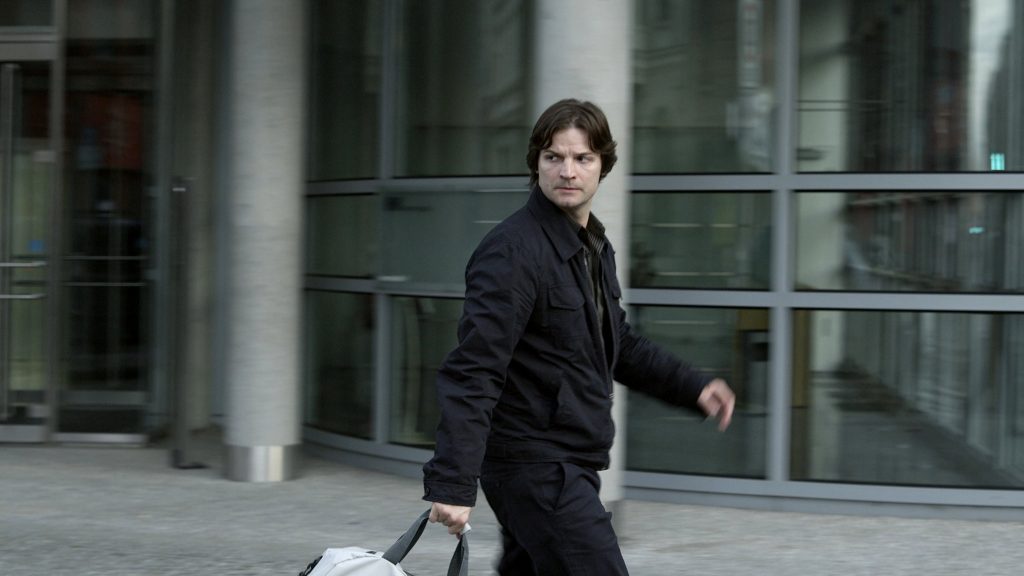
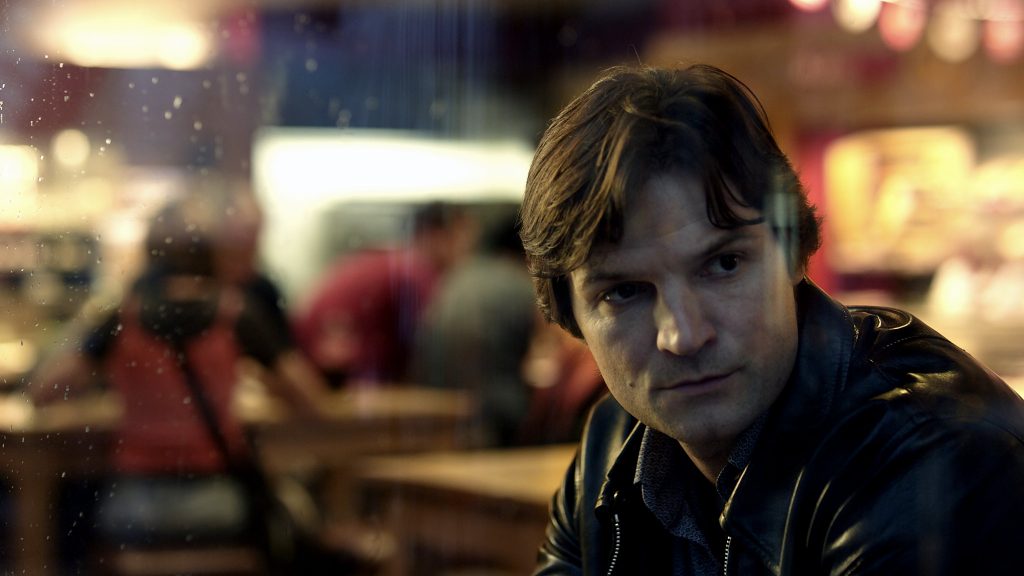
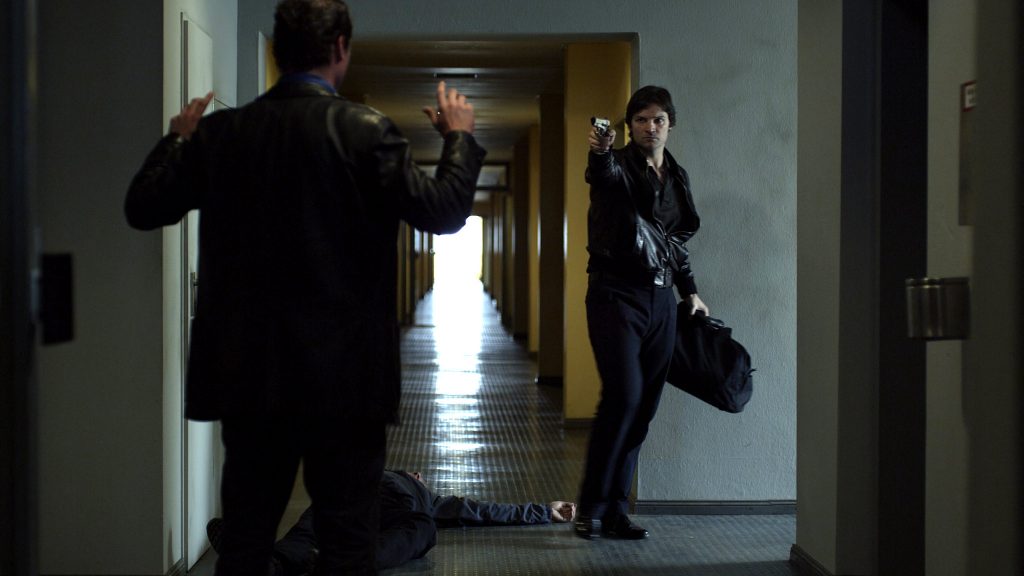
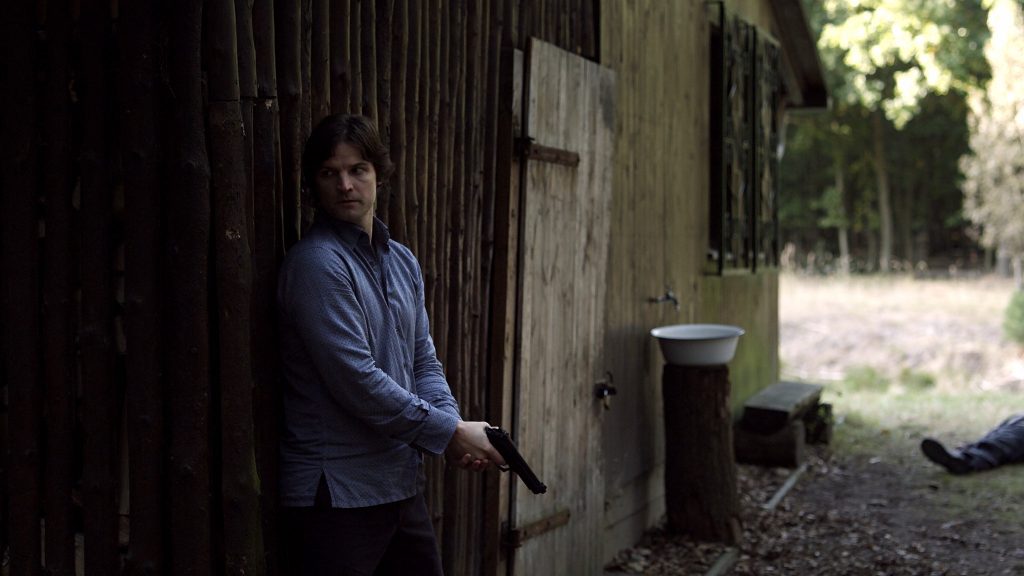
Credits:DE 2010, 85 Min., DF
Regie: Thomas Arslan
Kamera: Reinhold Vorschneider
Schnitt: Bettina Blickwede
mit Mišel Matičević, Karoline Eichhorn, Uwe Bohm, Rainer Bock, David Scheller, Peter Kurth
Trailer:nach oben
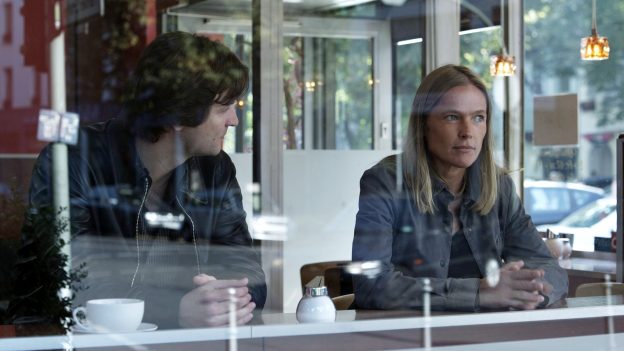
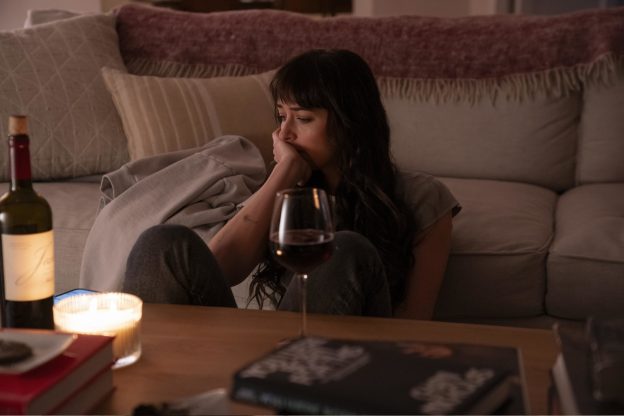
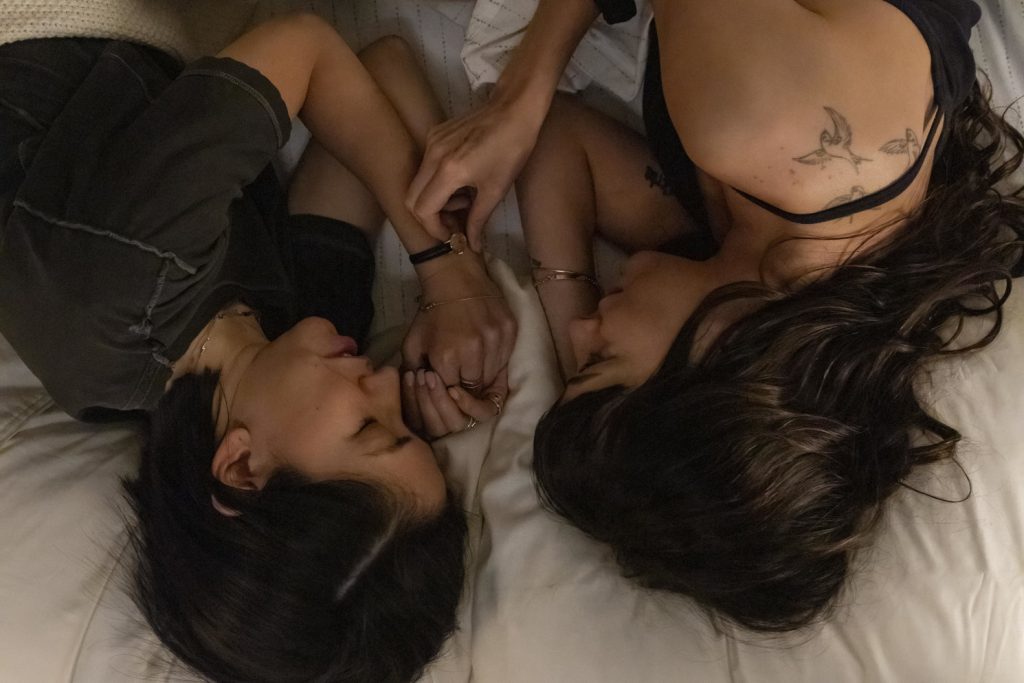
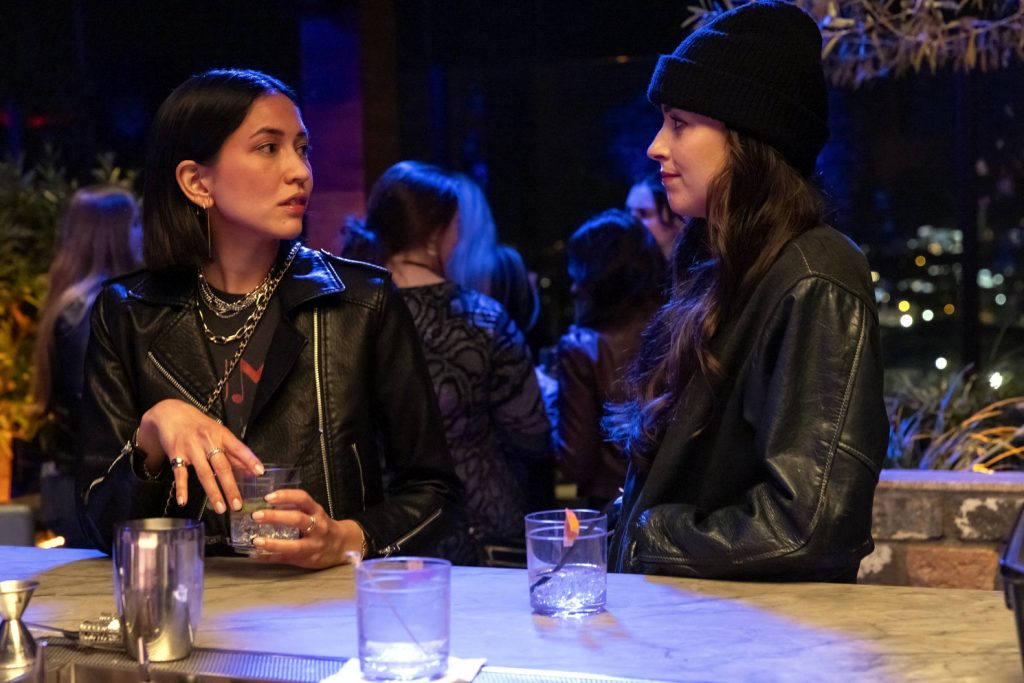
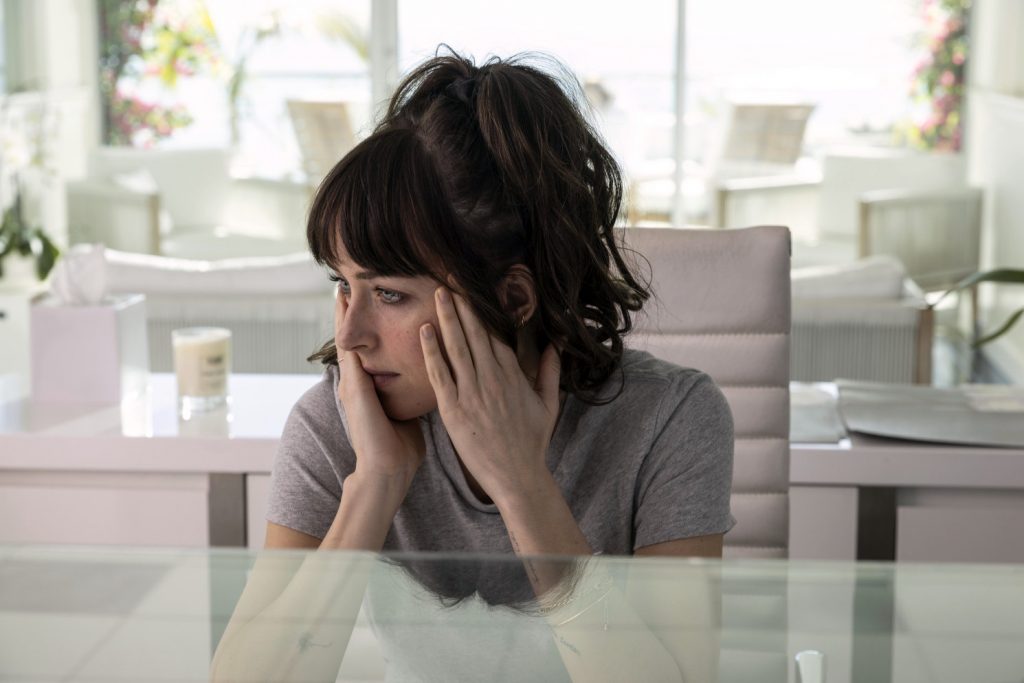
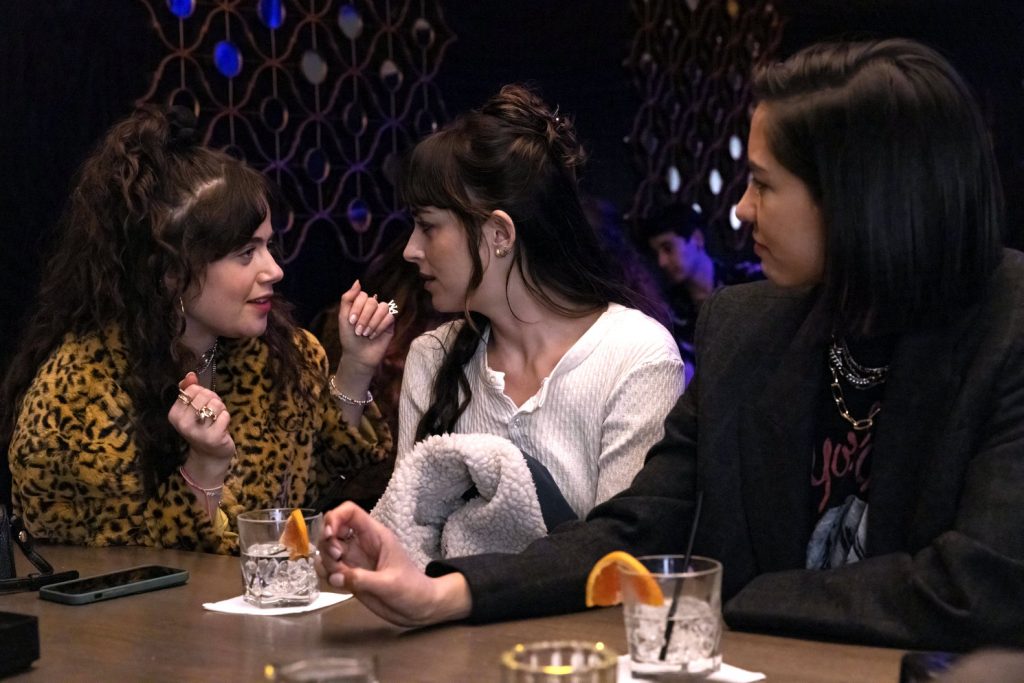
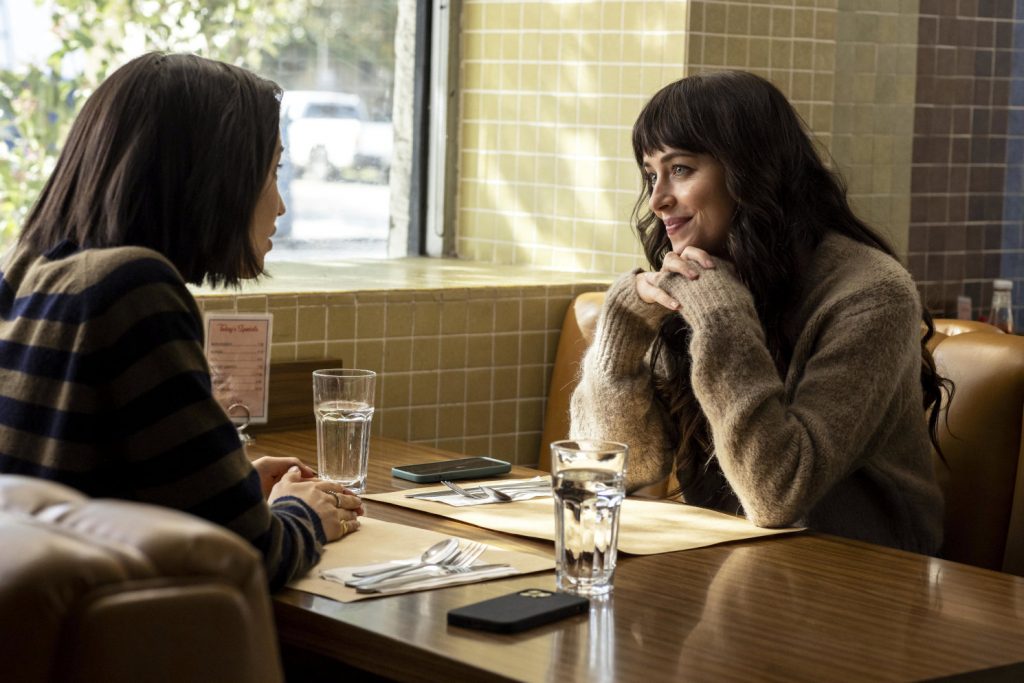
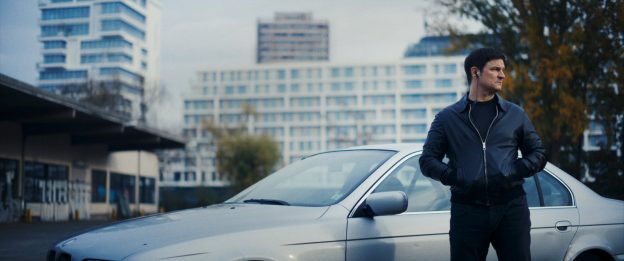
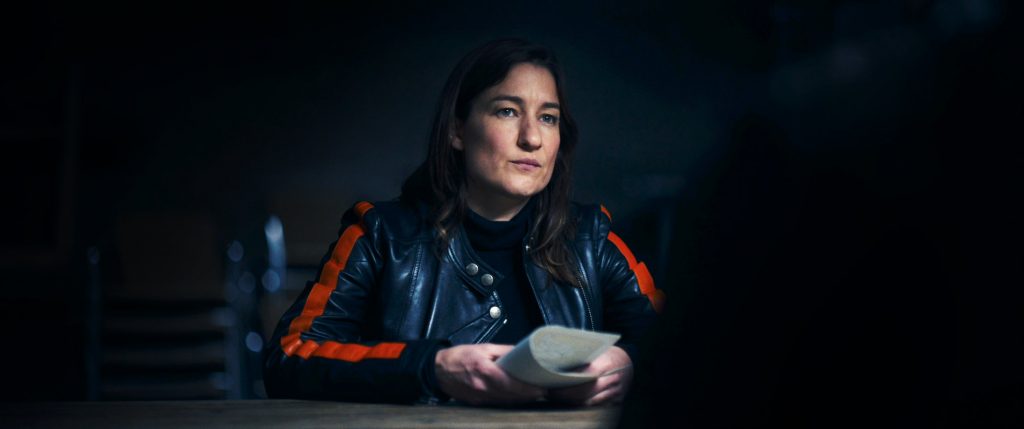
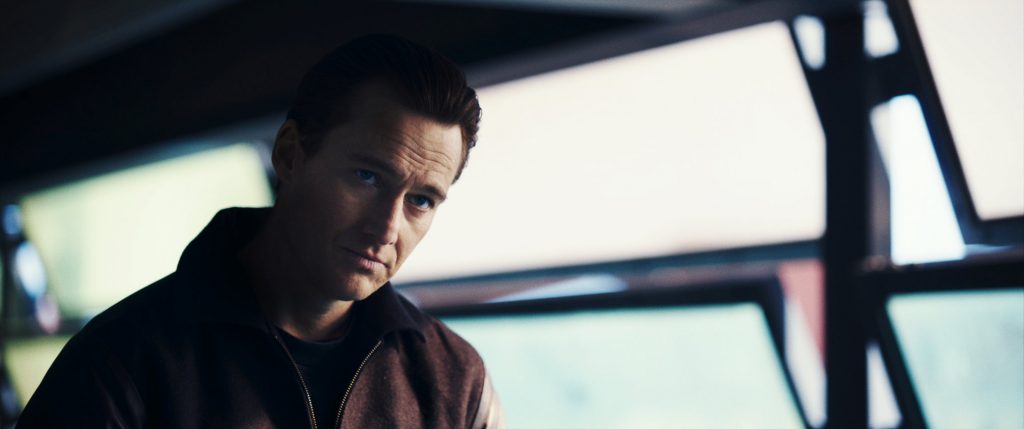
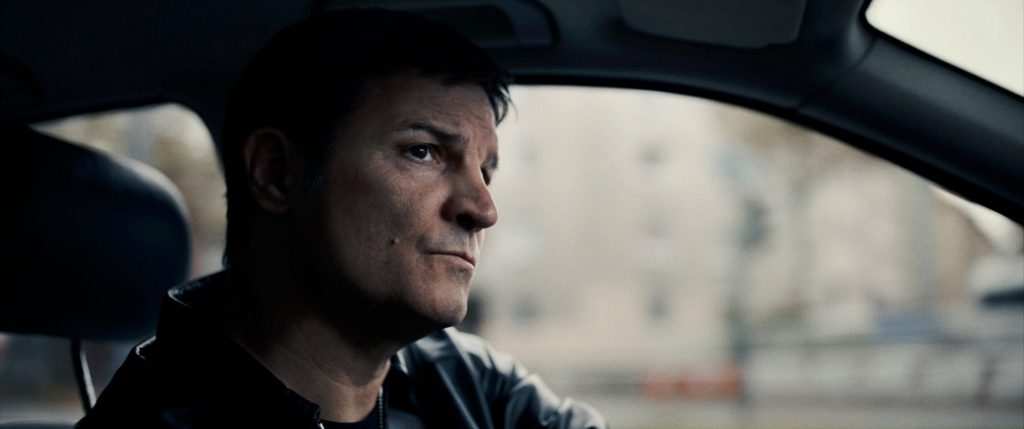
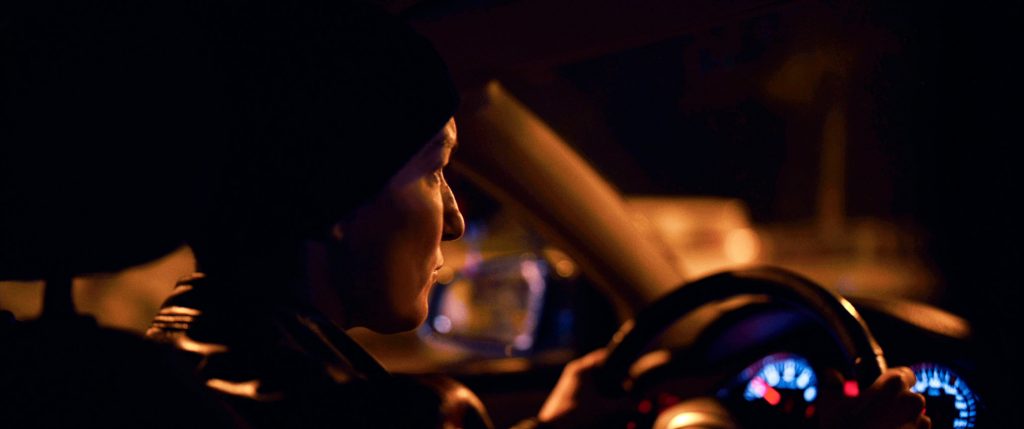
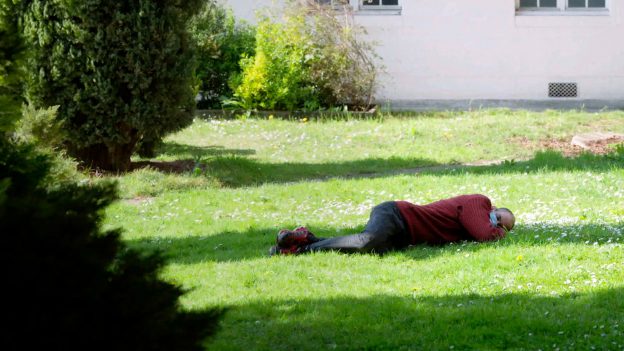

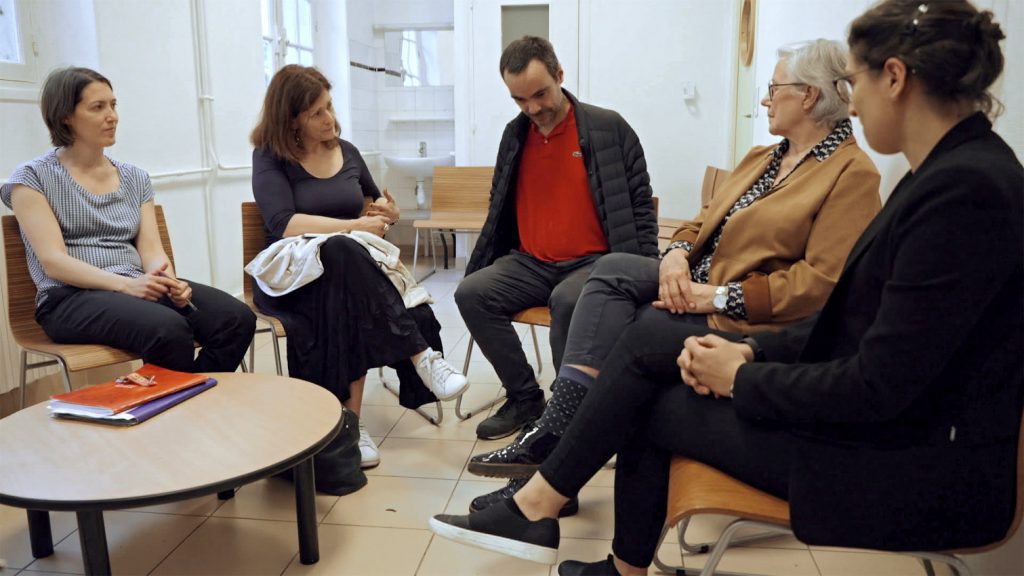
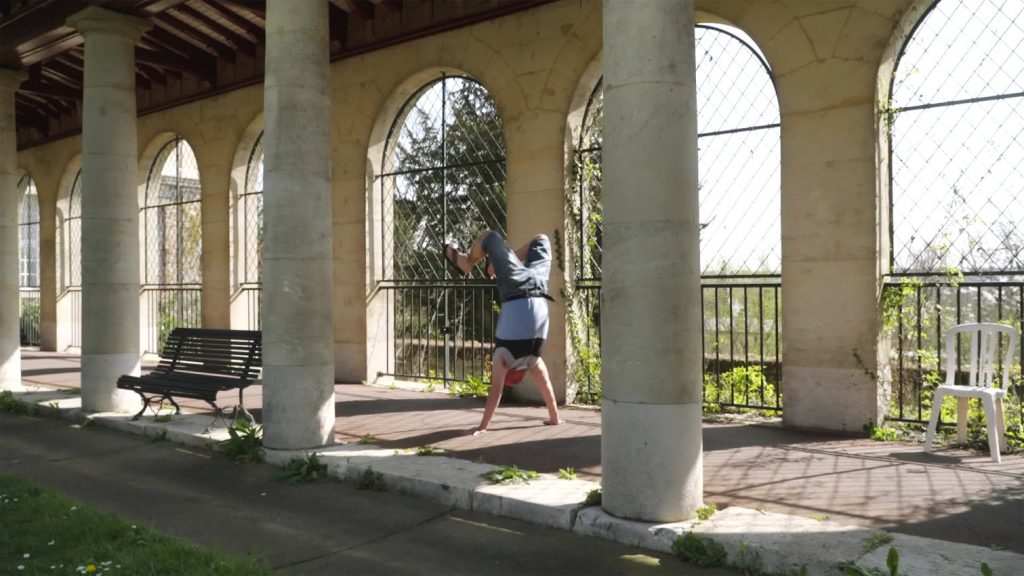

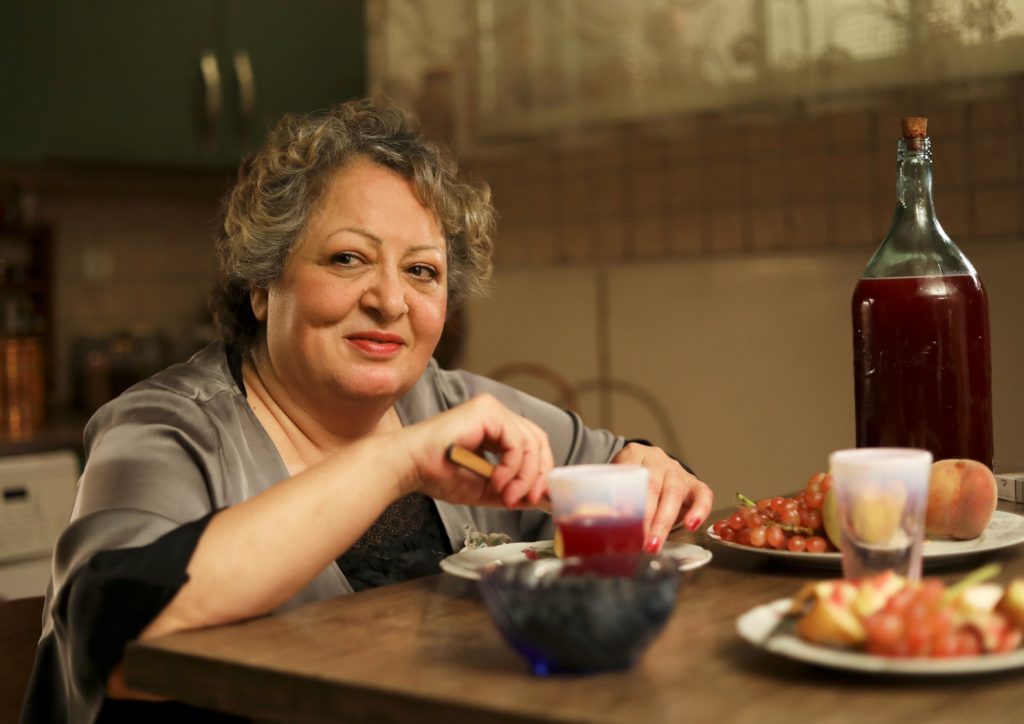
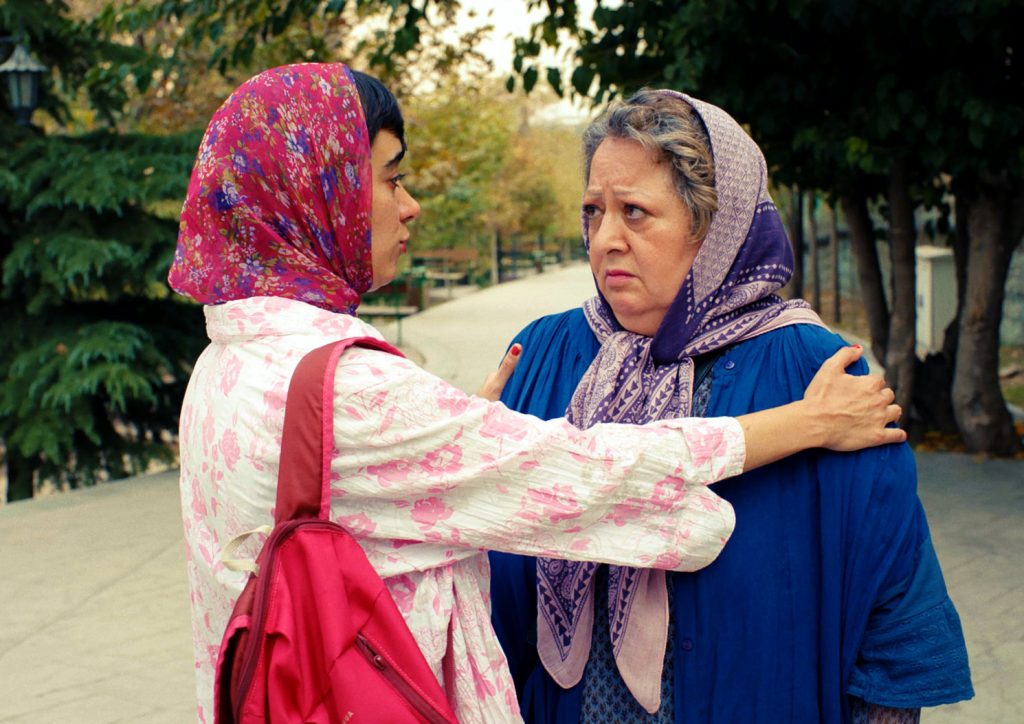
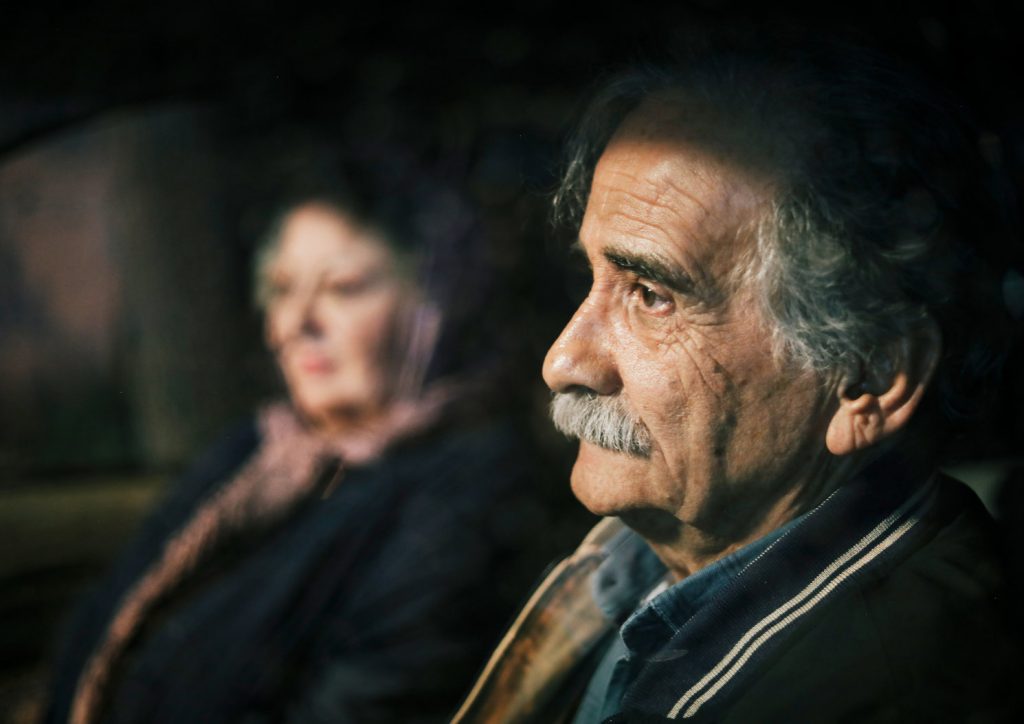
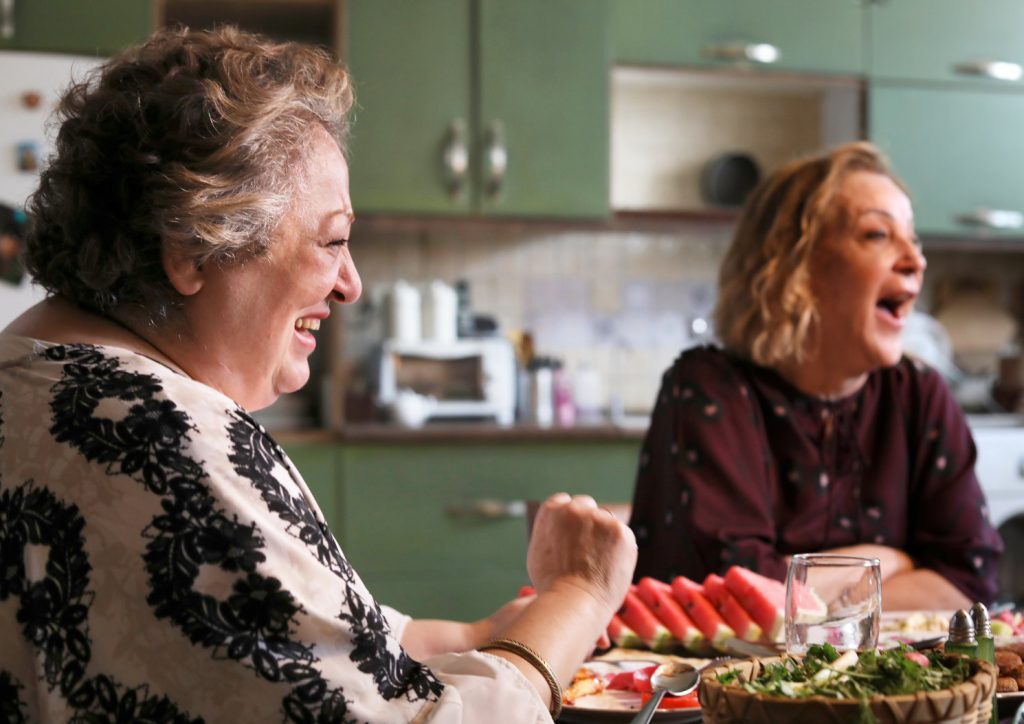





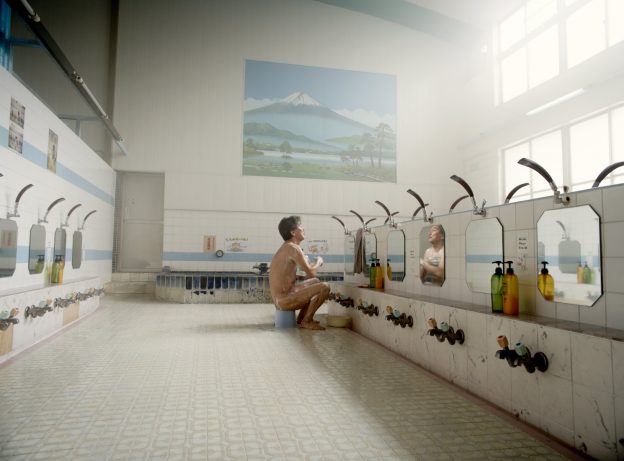
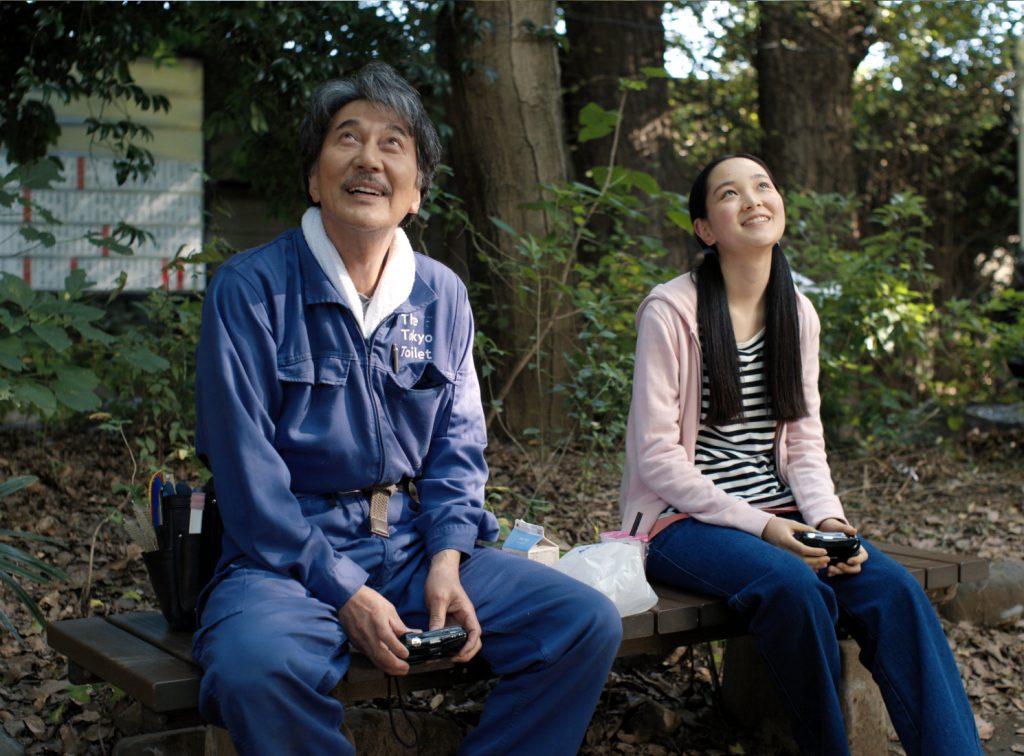
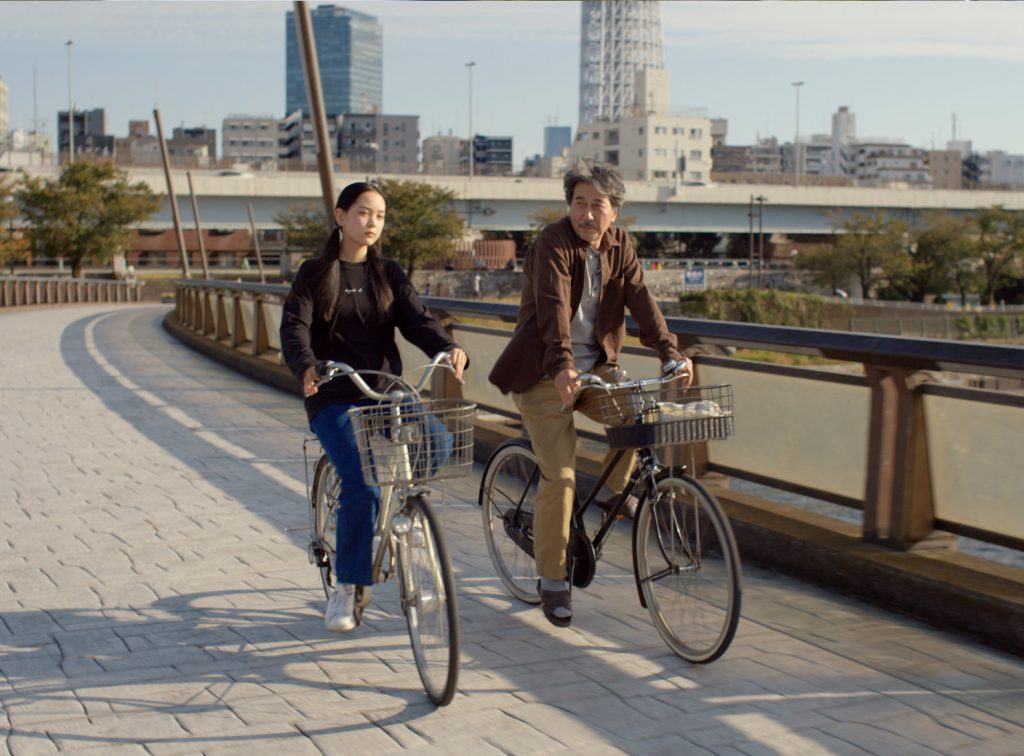
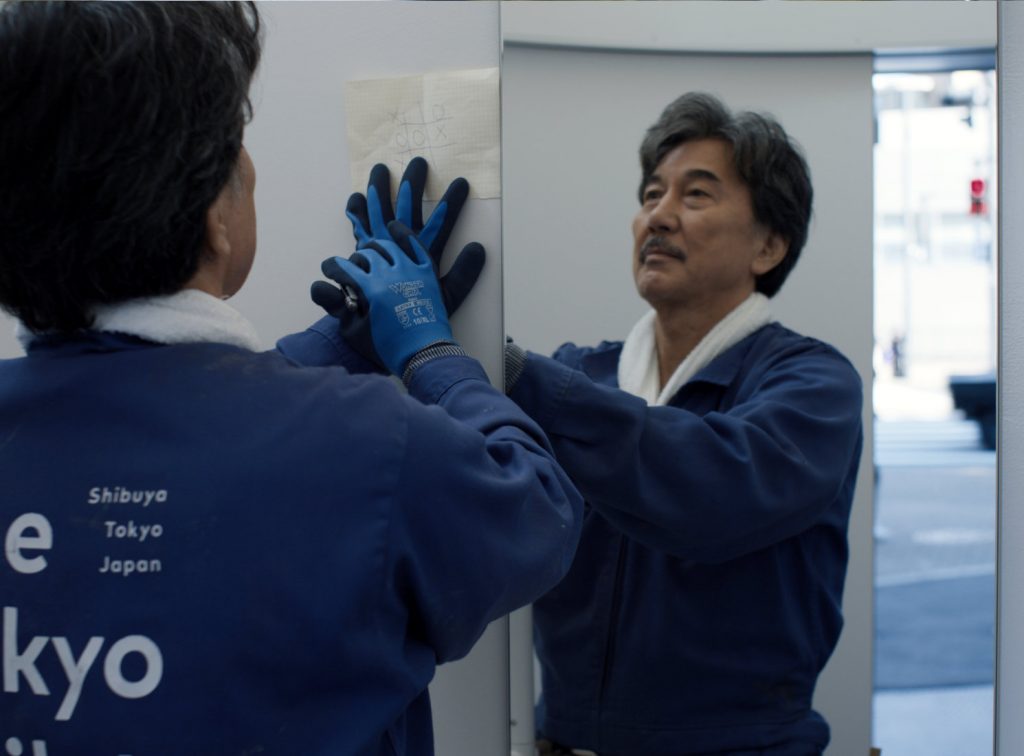
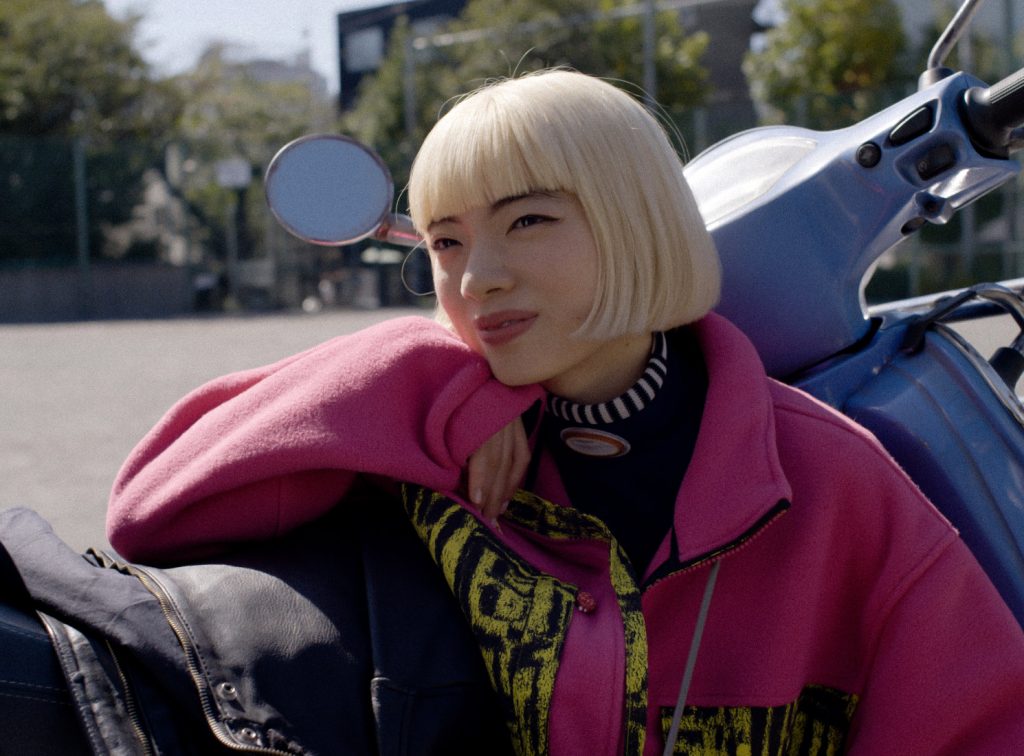
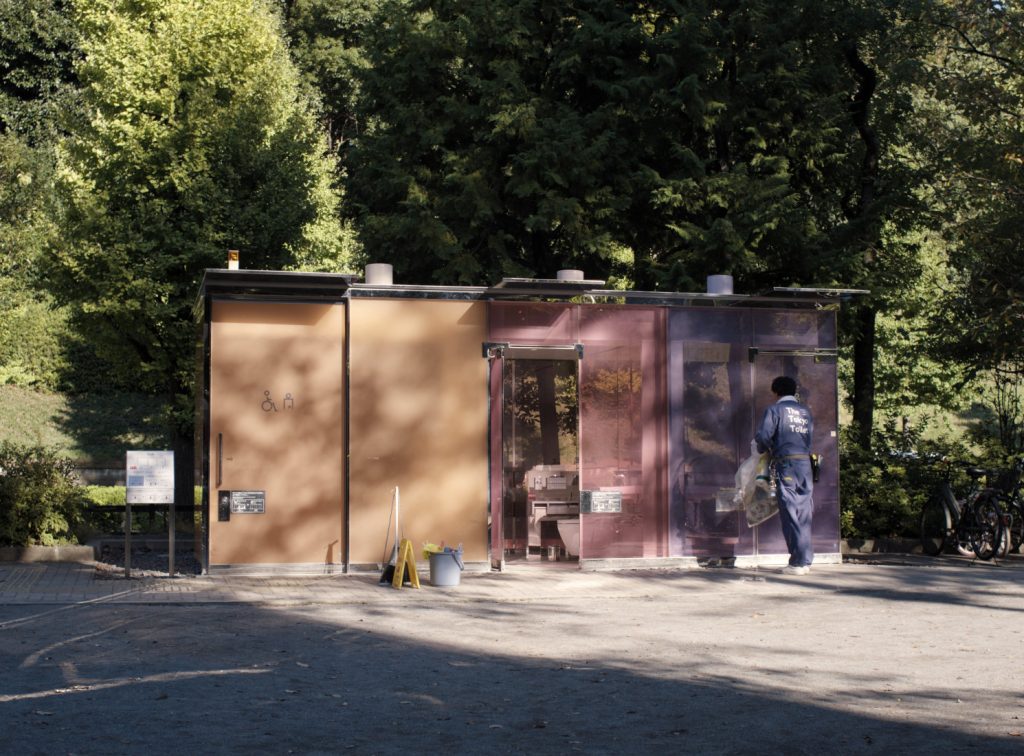


 Deutsch
Deutsch